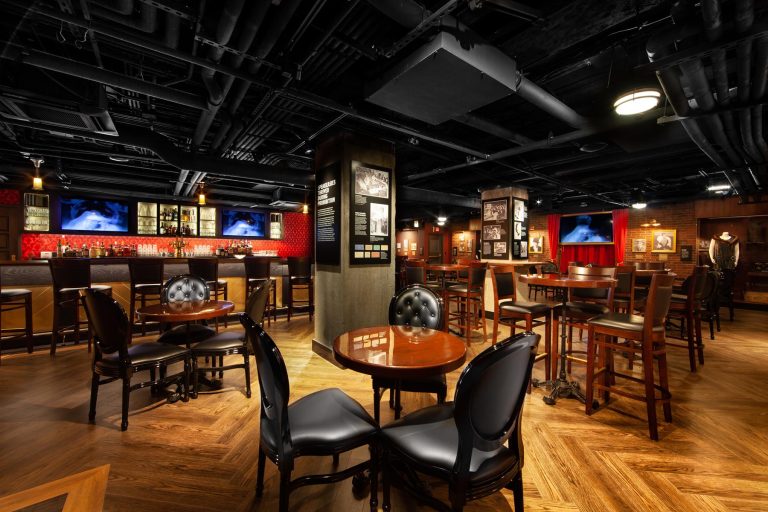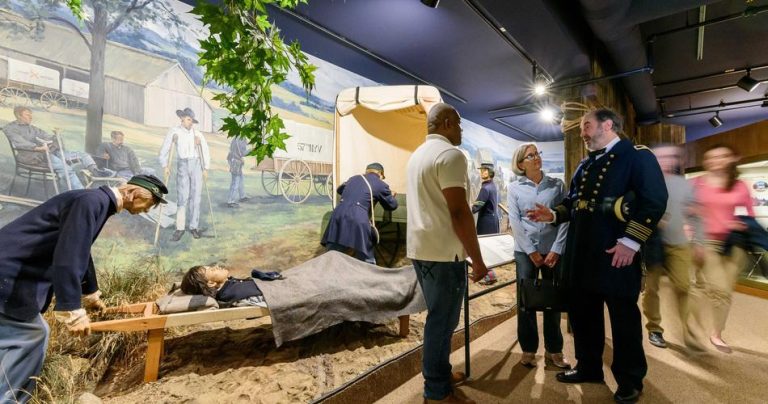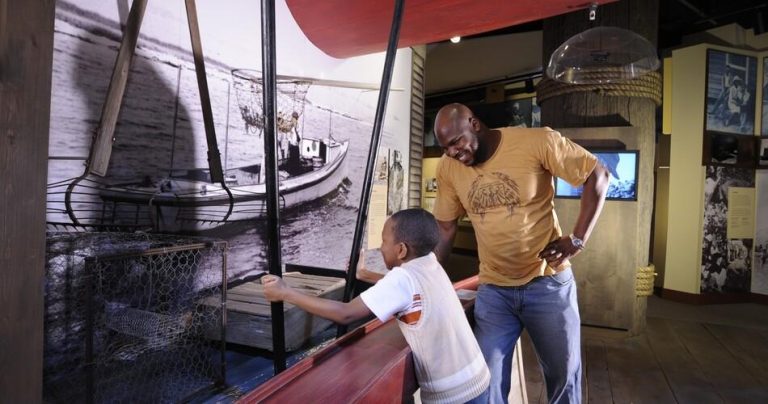Officially known as the National Museum of Organized Crime and Law Enforcement, this museum offers a variety of educational programs tailored for students. With a focus on the history and impact of organized crime in America, the museum provides an engaging learning environment that supports curricula in social studies, history, and forensic science. More than just a museum, it is a platform for promoting public understanding of the complexities surrounding organized crime, law enforcement, and civic responsibility.
For student groups, The Mob Museum offers customizable field trip experiences that can enhance classroom learning. These trips include guided tours of the museum’s extensive exhibits, which feature artifacts, interactive displays, and immersive storytelling about the prohibition era, mobsters, and law enforcement efforts. Additionally, students can participate in educational outreach programs, which consist of in-class presentations and virtual lessons, making it accessible to those who may not be able to visit in person. Resources for teachers are plentiful, with worksheets, videos, and interactive activities available for various grade levels, ranging from primary to high school.
The museum is committed to providing a hands-on learning experience, particularly in the fields of law enforcement and forensic science. It offers specific resources and activities that highlight these fields. For instance, middle and high school students can engage in activities like fingerprint analysis and learn about significant historical figures and events related to organized crime. This approach not only deepens their understanding of the subject matter but also promotes critical thinking and engagement with history.
The Mob Museum serves as a dynamic educational resource, encouraging students to explore the intricate narratives of American history through the lens of organized crime and law enforcement. Its programs and exhibits are designed not only to educate but also to foster a deeper appreciation of history, enriching the cultural understanding of its visitors and providing valuable lessons about civic responsibility and ethical decision-making.



